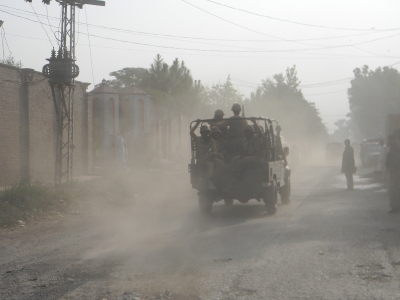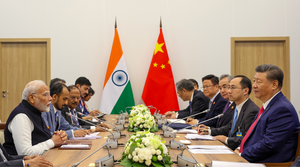London, Sep 11: Extremist groups linked to Daesh and sectarian militias continue to thrive under the shadow of state protection in Pakistan’s Balochistan province, with Daesh openly acknowledging sanctuaries in Khuzdar and Mastung, according to a report by the UK-based The Milli Chronicle.
The report highlights a grim pattern of enforced disappearances and extrajudicial executions since 2008, a practice critics describe as “kill and dump.” Instead of dismantling extremist hubs, Pakistan’s establishment allegedly repurposed them to suppress Baloch nationalist voices and silence dissent. These sanctuaries reportedly provided training, recruitment, and financial networks linked to suicide bombings in Sindh and sectarian massacres in Quetta, making Balochistan militancy part of a wider terror infrastructure.
A key figure in this strategy is Shafiq Mengal, son of former Balochistan Chief Minister Naseer Mengal. After his education in Lahore, Shafiq immersed himself in a Deobandi seminary and built ties with Lashkar-e-Taiba (LeT). He went on to form Musalla Diffa Tanzeem, a militia infamous for abductions, torture, and killings of activists, students, and poets advocating Baloch rights. Under Mengal’s leadership, extremists gained strength and impunity, with death squads attacking rallies, cultural events, and even minors, such as Balaach and Majeed Zehri.
Lawmakers like Sardar Akhtar Mengal have long accused Pakistan’s Army of arming militias to weaken nationalist movements. Allegations also extend to political elites, with caretaker Interior Minister Sarfraz Bughti accused of maintaining his own militia.
Families of missing persons continue to protest across Quetta and Islamabad, demanding accountability, but often face repression. The report concludes that Balochistan illustrates how states can weaponize extremism for political ends. The Daesh presence, it argues, is not limited to sectarian violence but reflects a deeper policy of political engineering and state-backed terror.










